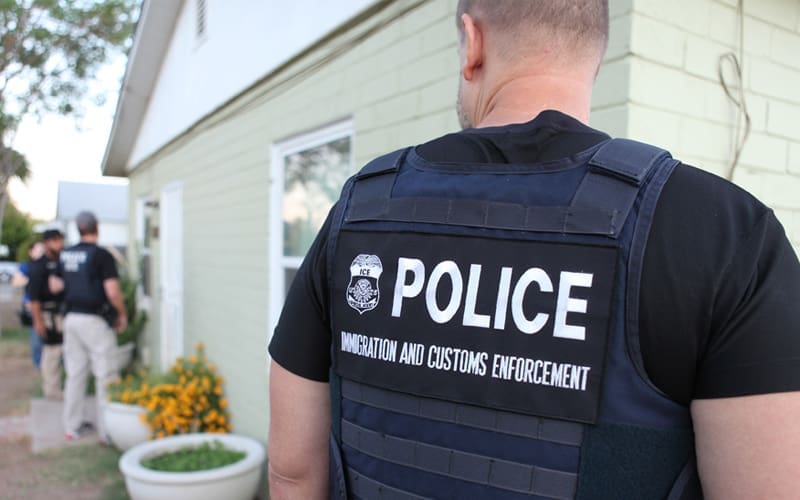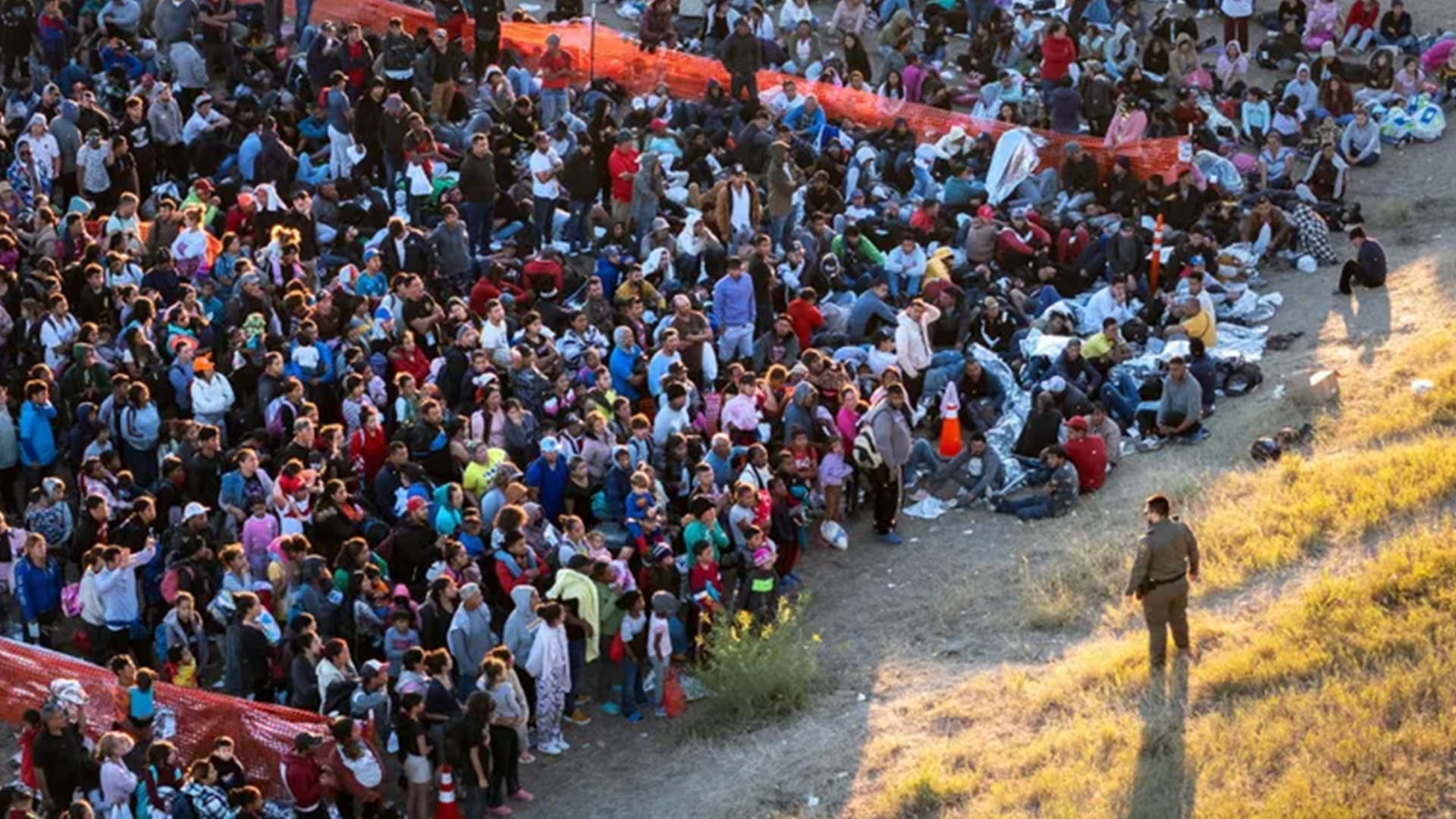President Trump’s call for a border wall, along with the recent sanctuary cities legislation passed by Texas lawmakers, is being used by a border mayor as an excuse for the decrease in tourism from Mexico.
McAllen Mayor Jim Darling claims he’s combating “negativity” the United States has portrayed in recent months, particularly the Texas Legislature’s passage of legislation to ban sanctuary cities (SB 4). Signed by Gov. Greg Abbott earlier this month, the new law requires local law enforcement officials to cooperate with federal officials in order to enforce immigration laws.
Led by Darling, the City of McAllen is blaming immigration policies for the decline in tourism, both from Mexico and from Americans traveling to Mexico, and is combatting it with “friendly” advertisements – paid by city taxpayers – in both McAllen and Mexico. Somehow, this is expected to encourage “improved relations” and trade between the two countries. Crime statistics suggest, however, that violence in Mexico may be the real culprit.
So far, the city’s “Amigos Always” promotional campaign has cost local taxpayers nearly $270,000.
“Amigos Always-Bienvenidos”, is in response to Reynosa, N.L., Mexico’s, opposition to President Trump’s border wall rhetoric, and the city’s “Adiós McAllen” campaign–a spiteful venture intended to deter Mexican residents from shopping in McAllen. Darling argues, the city must respond to such efforts as Mexican tourism accounts for 30-35 percent of sales tax for the city of McAllen, and McAllen has felt a decrease in an estimated $3 million in sales this year.
Under the ad campaign, colorful banners decorate the light poles in downtown shopping districts, buttons are to be given, and advertisements have been released all in an effort to increase the sales. While these efforts may be commended to a certain degree, they can’t conceal the sharp uptick in violence just across the city’s southern border.
Tourists from inner Mexico are advised not to travel via car into the United States, as the federal highways are unsafe. Recent measures from the Mexican government have allowed for a pullback in federal forces providing convoys for travelers; thus resulting in an increase in car-jackings and robberies. Meanwhile kidnappings are on the rise as political vacuums have been left between different rival factions throughout Mexico, leaving over 25 killed in the border city of Reynosa this month.
Meanwhile, those in Mexico who are actively engaged in protesting the cartel violence have been silenced; grieving mothers looking for answers, activist reporters, and bystander taco cart sellers: no one is safe. 2017 has proven to be the most dangerous year this decade for anyone living in Mexico as residents are encouraged to shop locally and not to travel long distance with gifts, as they become an obvious target.
Since mid-2016, violence has spread throughout the country exceeding 2,000 homicide victims each month.
Fear is what keeps people from shopping in McAllen. “How could I go out when they could kill me in any moment?” – Damian Huato states.
The City of McAllen should refrain from engaging in political theatre by claiming that the rule-of-law rhetoric stemming from the Oval Office and state lawmakers is to blame for a drop in local tax revenue, all while increased crime rates in Mexico suggest cartel violence is to blame the decrease in tourism. In any case, its troubling officials would engage in a feel-good public relations campaign—especially at significant taxpayer expense.




